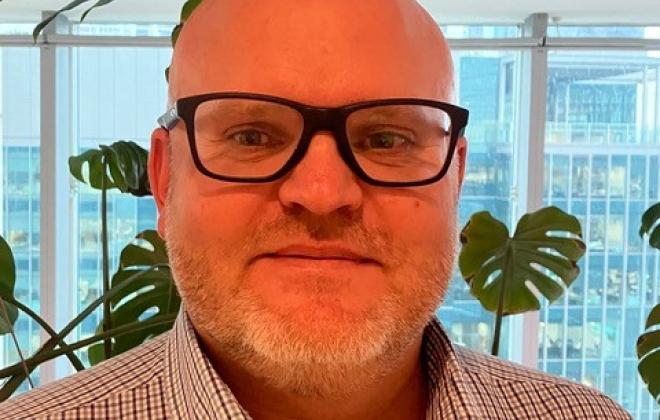Procurement Specialist, Metro Trains
"I’ve always had an interest in what makes things work.
I was a mechanical engineer before I went into procurement. As a procurement manager, it’s my role to support the engineers and contract managers in sourcing materials and services for works they need done.
The procurement team of 30 or so people includes a number of managers responsible for different business units across Metro, including Infrastructure, Rolling Stock, Projects etc. My role is associated with infrastructure works.
The business (Metro Trains) might come to us and say we have this requirement, whether it’s to build a bridge or do some works, and here’s our budget.
We put together the procurement strategy on how we’re going to source a supplier or a contractor to undertake that work.
A market-engagement strategy is put together before we go out to tender.
We then evaluate the responses, score them, write recommendations, get them approved, and put in place contracts that the business uses to deliver the works. It might take three months to do a proper sourcing activity.
There are a number of targets we try to meet to benefit not only us, but the community. The best example is local-content target and social procurement.
Some of the highly technical electronic equipment is sourced from overseas. But most of the time we try to get things locally — or assembled locally.
For all our rail, we use steel that’s manufactured in Australia and a Victorian-based company to supply our concrete railway sleepers.
It’s interesting and quite a challenge to meet KPIs for local content and social procurement. In the past few years it’s become more prevalent, and more important.
Some projects might have KPIs for local content for materials and services, or indigenous employment opportunities, or other social procurement targets.
If we have a big package of work, we might break the package into smaller pieces. This makes it easier for smaller social enterprises or indigenous companies to tender for it, because they might not have the capacity to undertake the whole job."
Find out more about how to become Procurement Specialist by checking out our training pathways pages.

